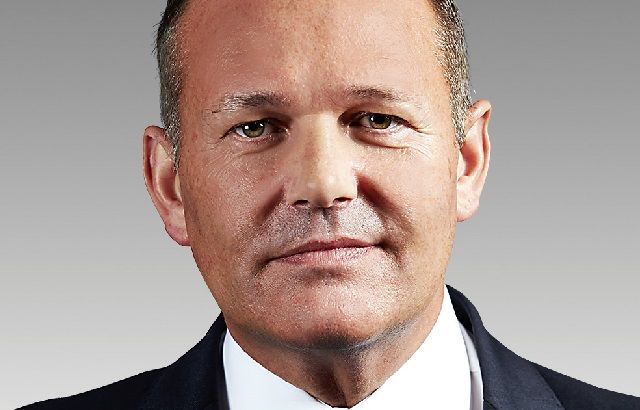Dickie Hodges, Nomura

What is your strategy?
Our Global Dynamic Bond Fund is a flexible, “go-anywhere” approach to fixed income investing. The fund is unconstrained by benchmark allocations, allowing for the ability to seek attractive total returns by investing across the full fixed income market spectrum.
We seek attractive fixed income return opportunities globally, combining issues with different return drivers and time horizons to achieve genuine diversification We then use a wide range of simple derivatives to mitigate and manage downside volatility with an emphasis on efficiency. Using these instruments, the risk exposures of the fund are dynamically adjusted around the longer-term strategy, to cope with periods of volatility and rising yields.
Why should fund selectors invest in your fund vs your peers?
Nomura’s Global Dynamic Bond Fund performance has been +9.58% year to date to the end of July in euros and we controlled volatility effectively in 2018. This combination of delivering the upside of fixed income markets whilst controlling the downside is a hallmark of our strategy and is what our investors tell us they most value.
Nomura’s Global Dynamic Bond Fund vs category average (EUR)
Why does your strategy stand out from your peer group?
Our performance track record; Agile asset allocation leveraging on the skills of the dedicated investment team; expertise in downside risk hedging, including the use of optionality – we place great emphasis on downside risk control; Unlike a few of our larger peers we do not hold any equity positions!
How do you protect investments against market volatility?
We very actively hedge our exposures against short term volatility, with hedges designed to counter the specific risks that we face.
Perhaps this is best illustrated by example. In 2019, we have used duration (interest rate sensitivity) to hedge against broad risk-off behaviour. We have also used equity put options, buying protection against falls in US, European and Japanese equity indices. In May, when risk markets sold off to a degree, these hedges helped keep our returns in positive territory.
We then took profits on that hedge in June, re-striking the options further from the money to act as a specific hedge to a negative outcome from the G20 summit. As it transpired, that hedge was unnecessary, but the few basis points of give-up in potential returns was more efficient than having to reduce and then re-establish our risk positions.
How does your fund prosper in a bear market?
In times of rising rates, credit spreads and volatility, we would expect our derivative overlays to protect the portfolio to a great degree and lead us to outperform competitors who take highly positive directional views on rates and spreads without the degree of hedging we typically employ. This was the situation in 2018, when our hedges allowed us to actively profit from rising rates.
The unconstrained space has had bad press recently and suffered big outflows. What do you say to ease investors’ concerns?
Recent scandals over liquidity have led some funds to gate against redemptions or face selling holdings at steep discounts. Nomura’s Global Dynamic Bond Fund invests only in liquid bonds and securities. It does not and will not hold private debt instruments. We report our liquidity position to the fund’s regulator on a daily basis, via the analysis of a third-party provider: Arkus Financial. They estimate that we could sell 89% of the portfolio within a single day, and 99% within a week. By buying only liquid, frequently-traded instruments, liquidity is simply not an issue for our fund.
What is your professional biggest fear at the moment?
The situation around Brexit remains chaotic. There is concern that a “no-deal” Brexit could follow the appointment of Boris Johnson as prime minister, though we suspect any such move would be stymied by Parliament. It is very unclear how a disorderly Brexit might impact the financial services industry in the UK. The other major fear we have is that interest rates may not meaningfully rise again in our working lifetime. This is now a meaningful probability and implies suppressed returns for (particularly index-tracking) investors for the foreseeable future.








